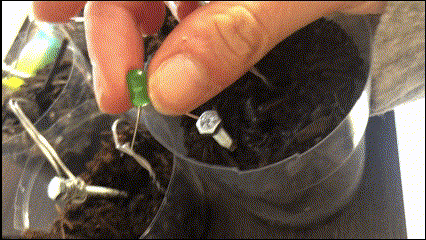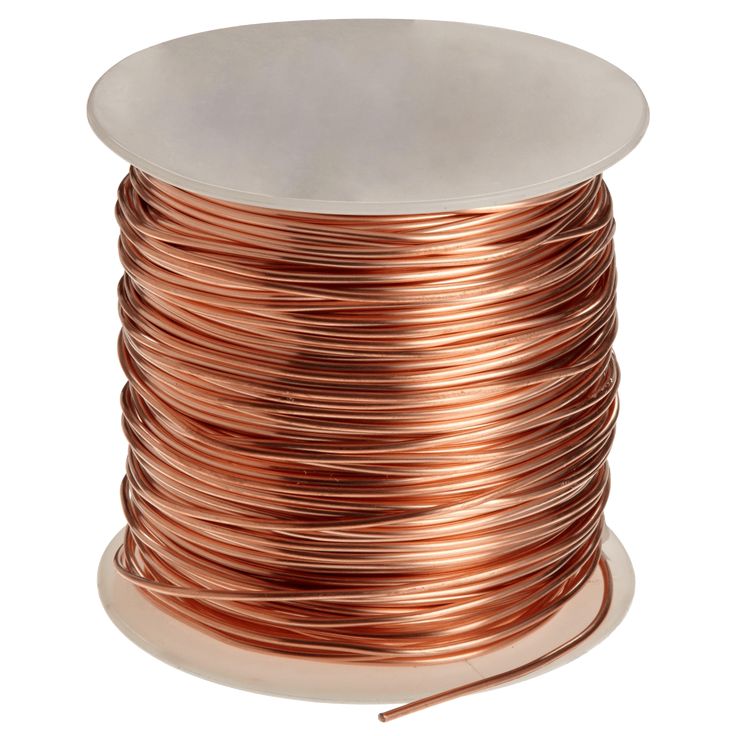
Card Text. You don't have to code to create a site with Mobirise Builder.
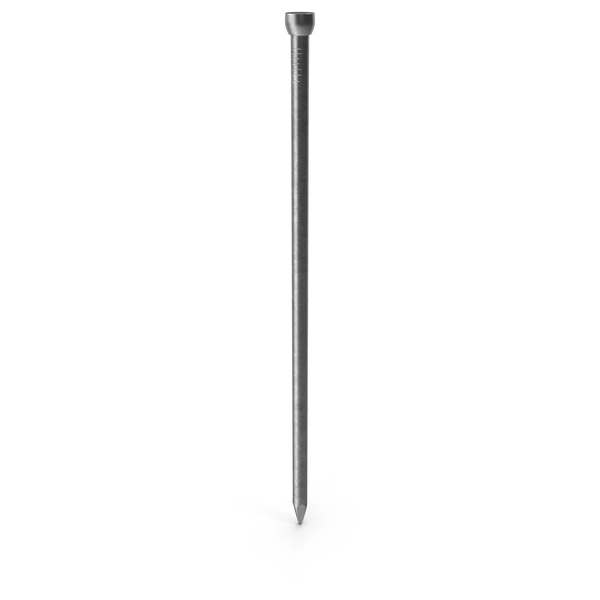
Card Text. You don't have to code to create a site with Mobirise Builder.
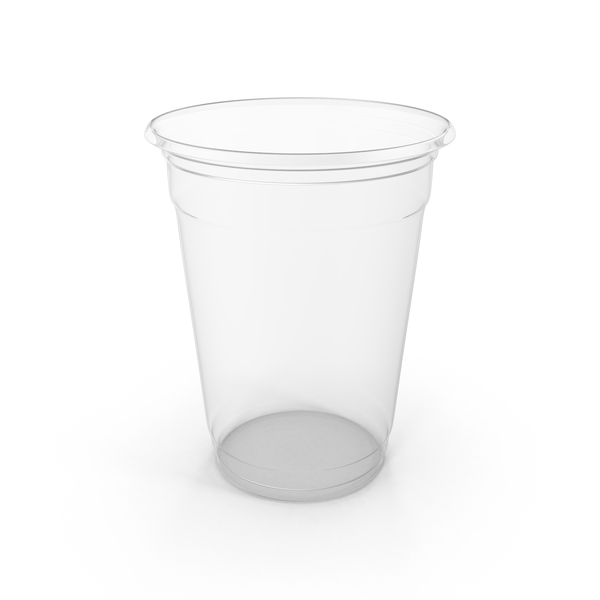
Card Text. You don't have to code to create a site with Mobirise Builder.
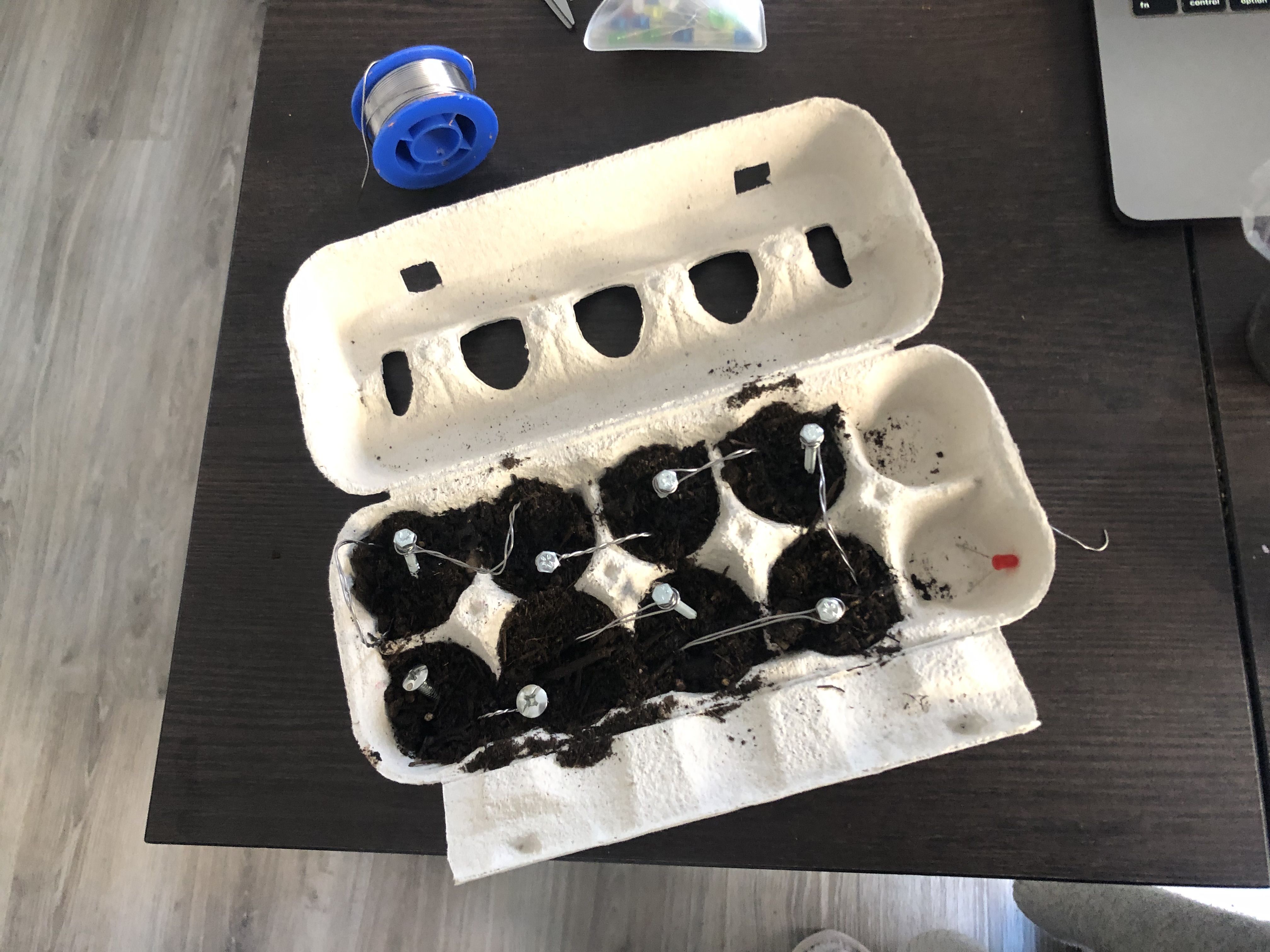
First test with a non isolated material. The cardboard egg container wasn't a great option. The light bulb didn't light up
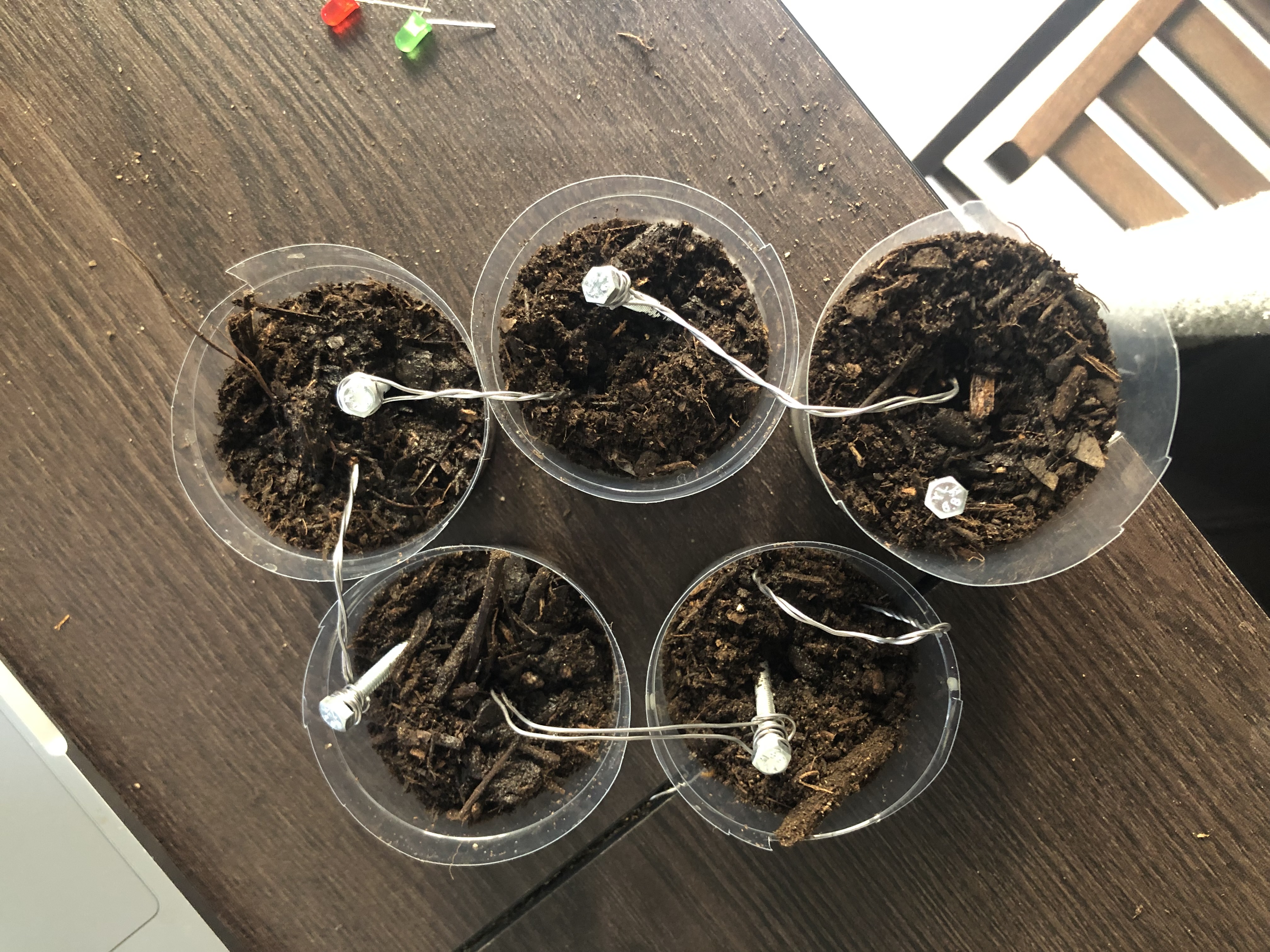
First test with isolated recycled cups. Works but conductivity is not great. Wires should be upgraded to copper.
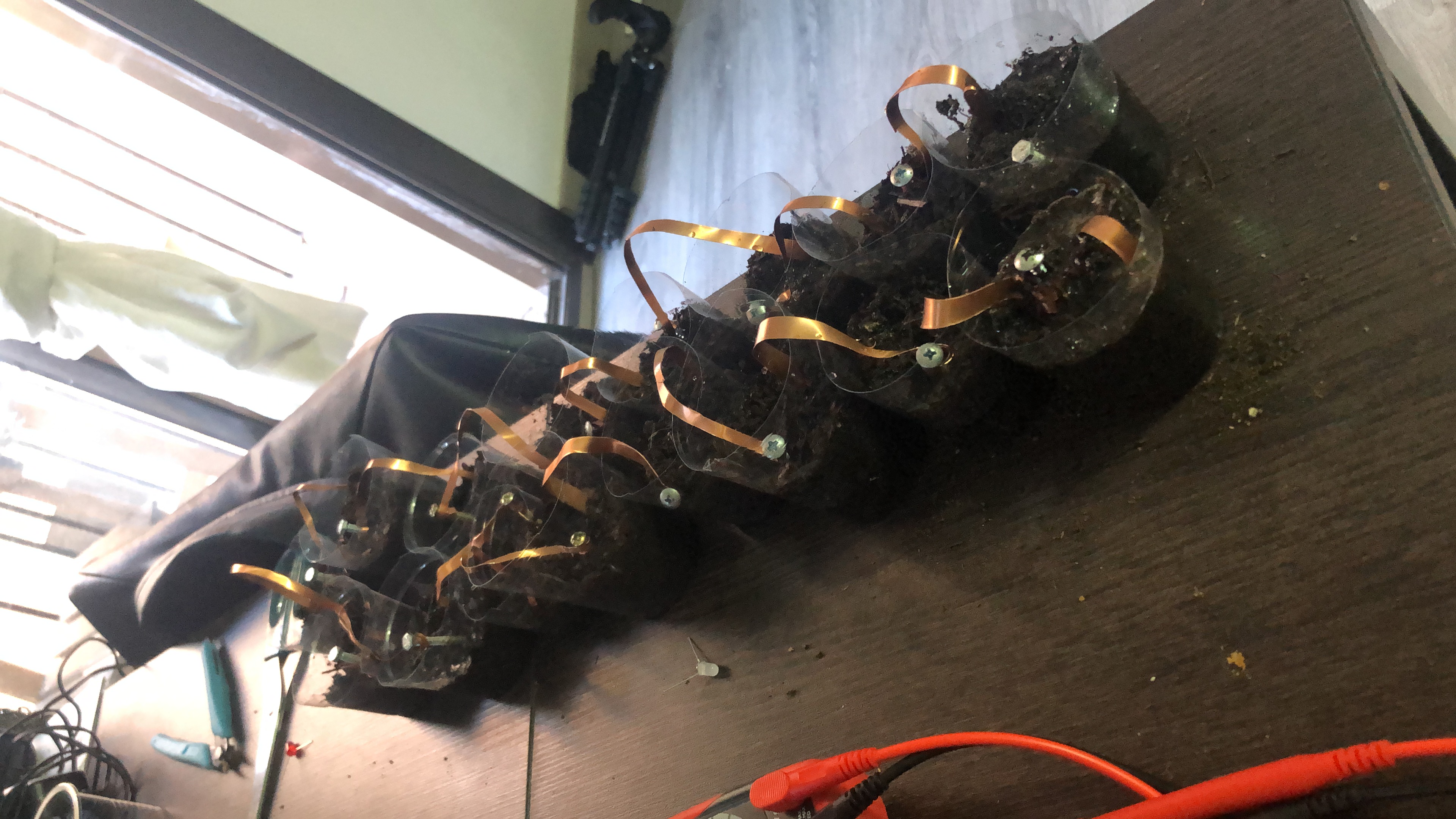
Testing with 15 cells, recycled plastic cups, and copper strips as wires.
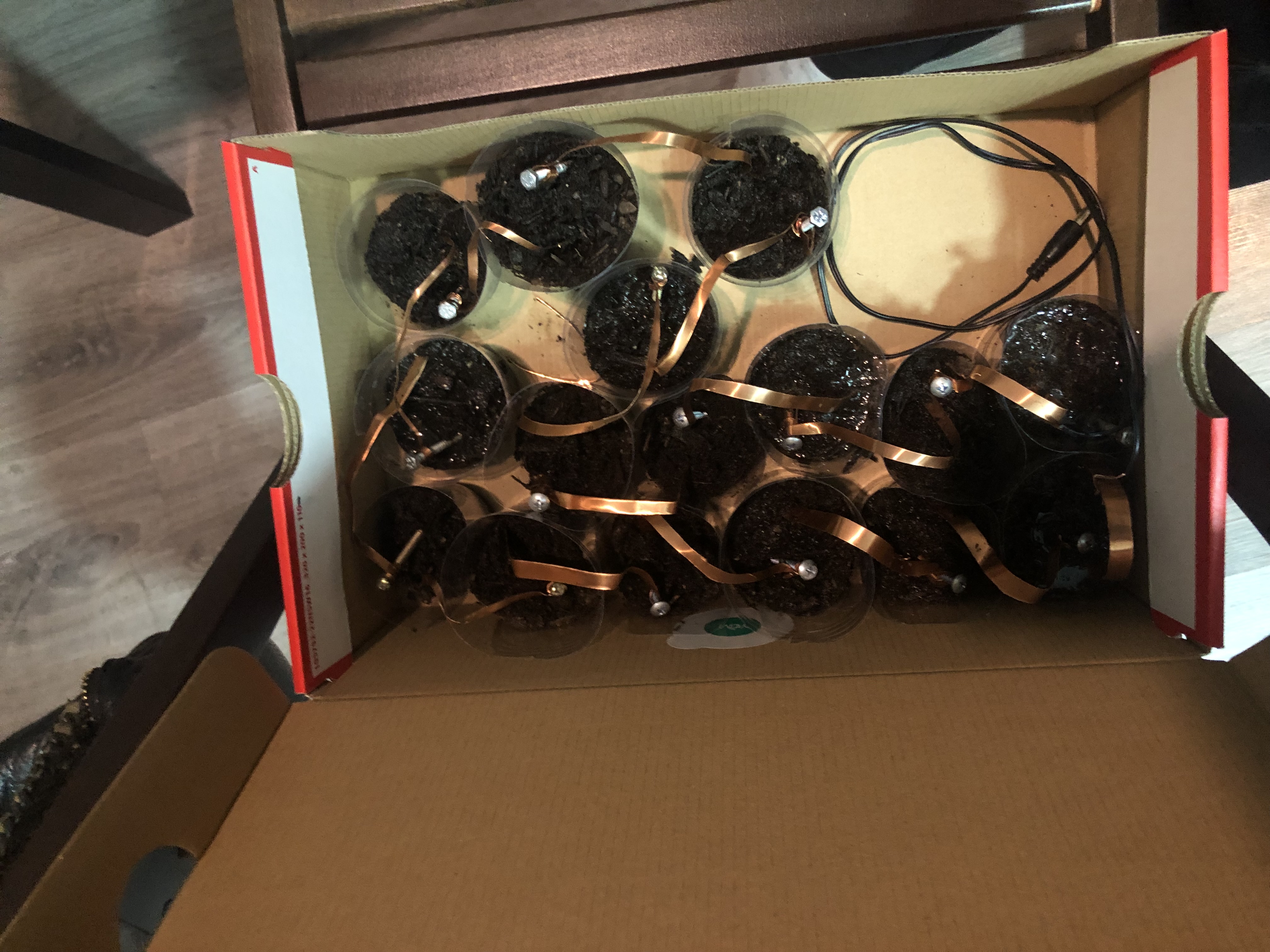
For now, the cells had to travel in a shoe box.
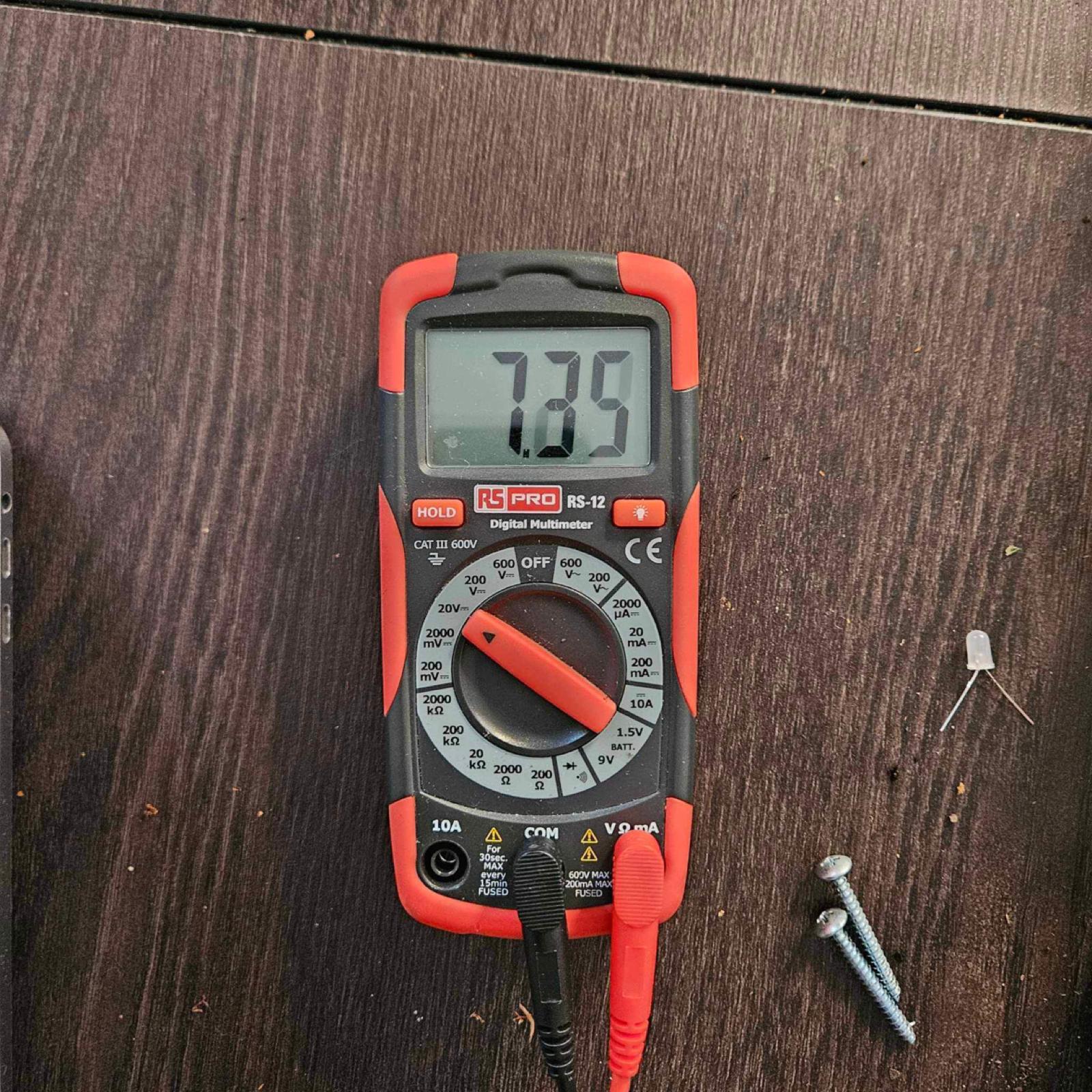
We got a good voltage with the 16 cells. The current is very low, about 0,1mA.
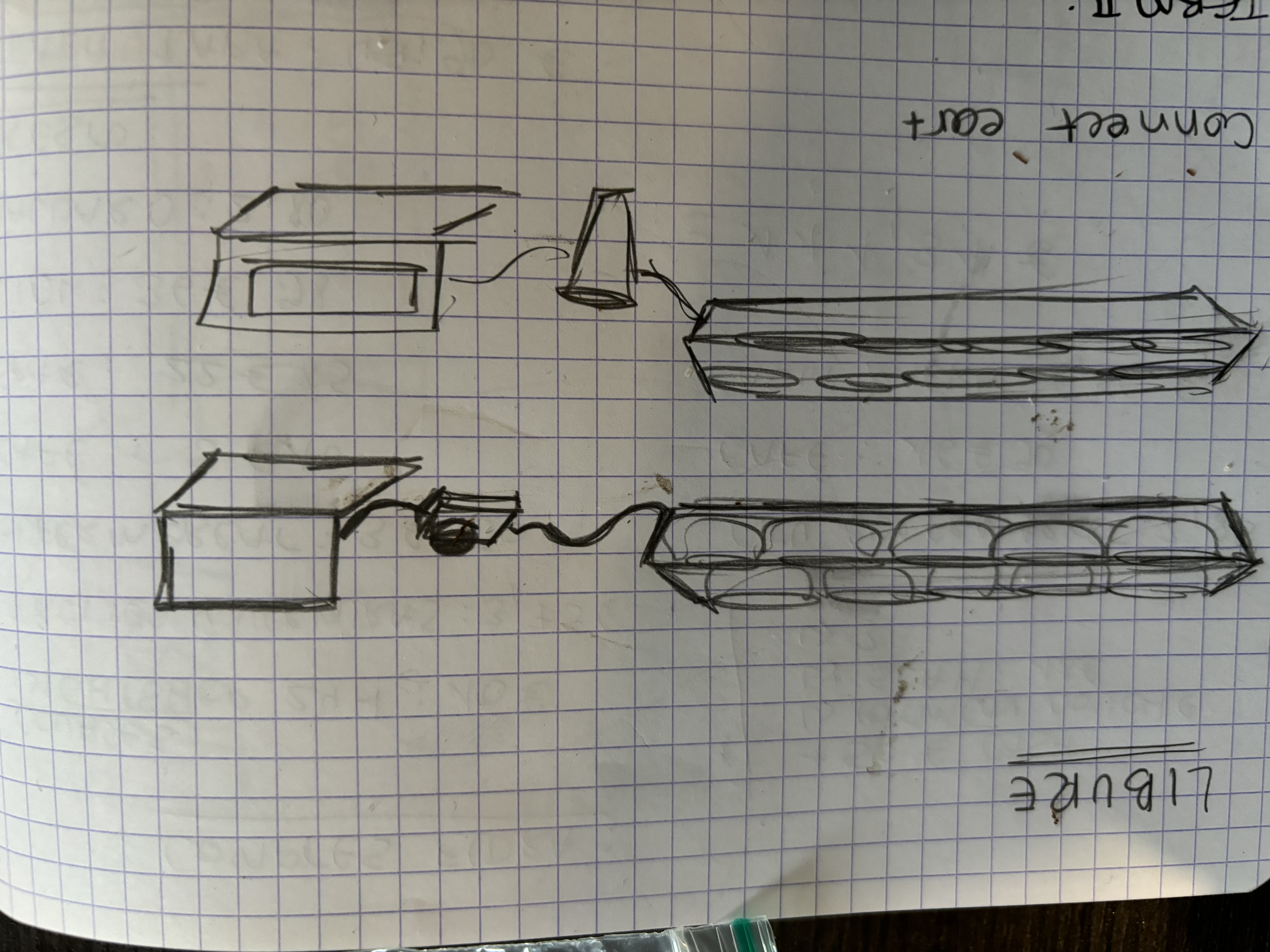
Sketch of future ideas.
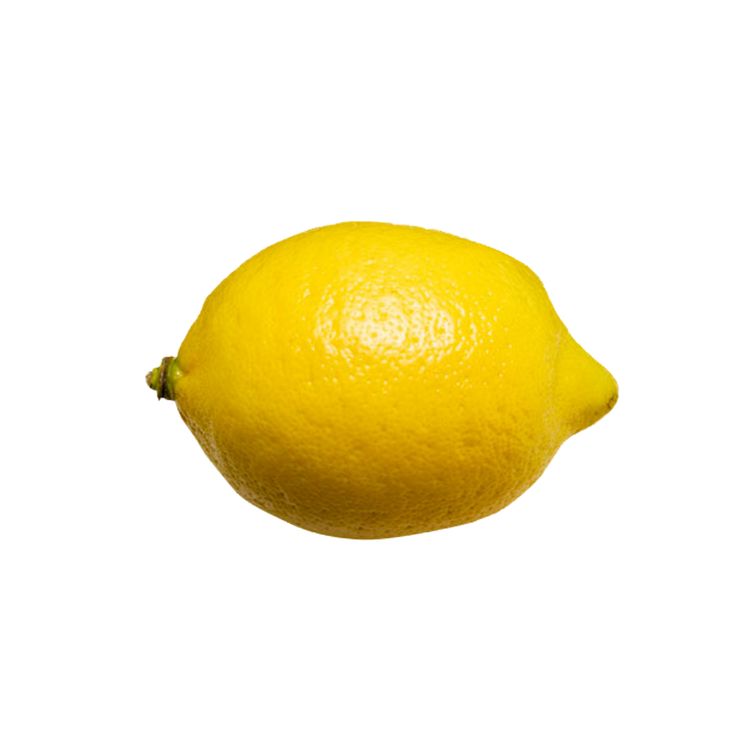
We can alter the ph of the soil and make the voltage and current higher with lemon. May kill the bacterias.
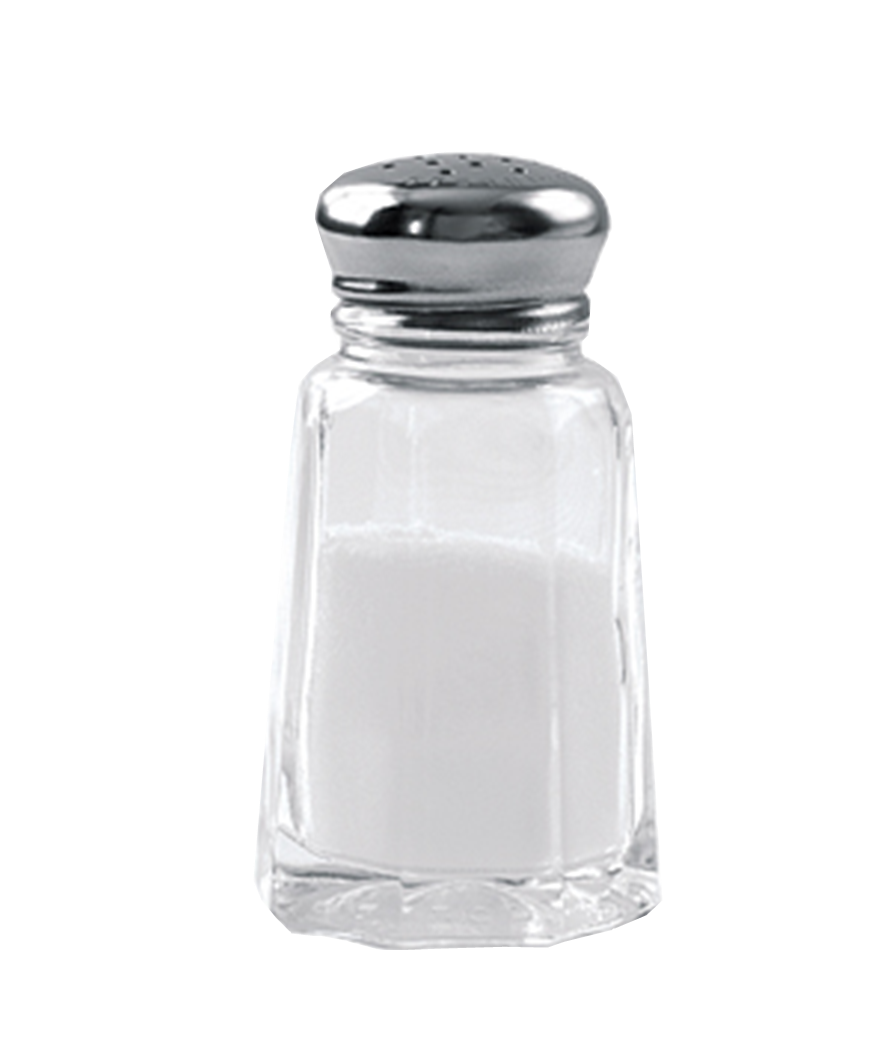
We can alter the ph of the soil and make the voltage and current higher with salt. May kill the bacterias.

We should try the same electric circuit but replacing the soil by compost. A few professionals have already advised us to try that.
